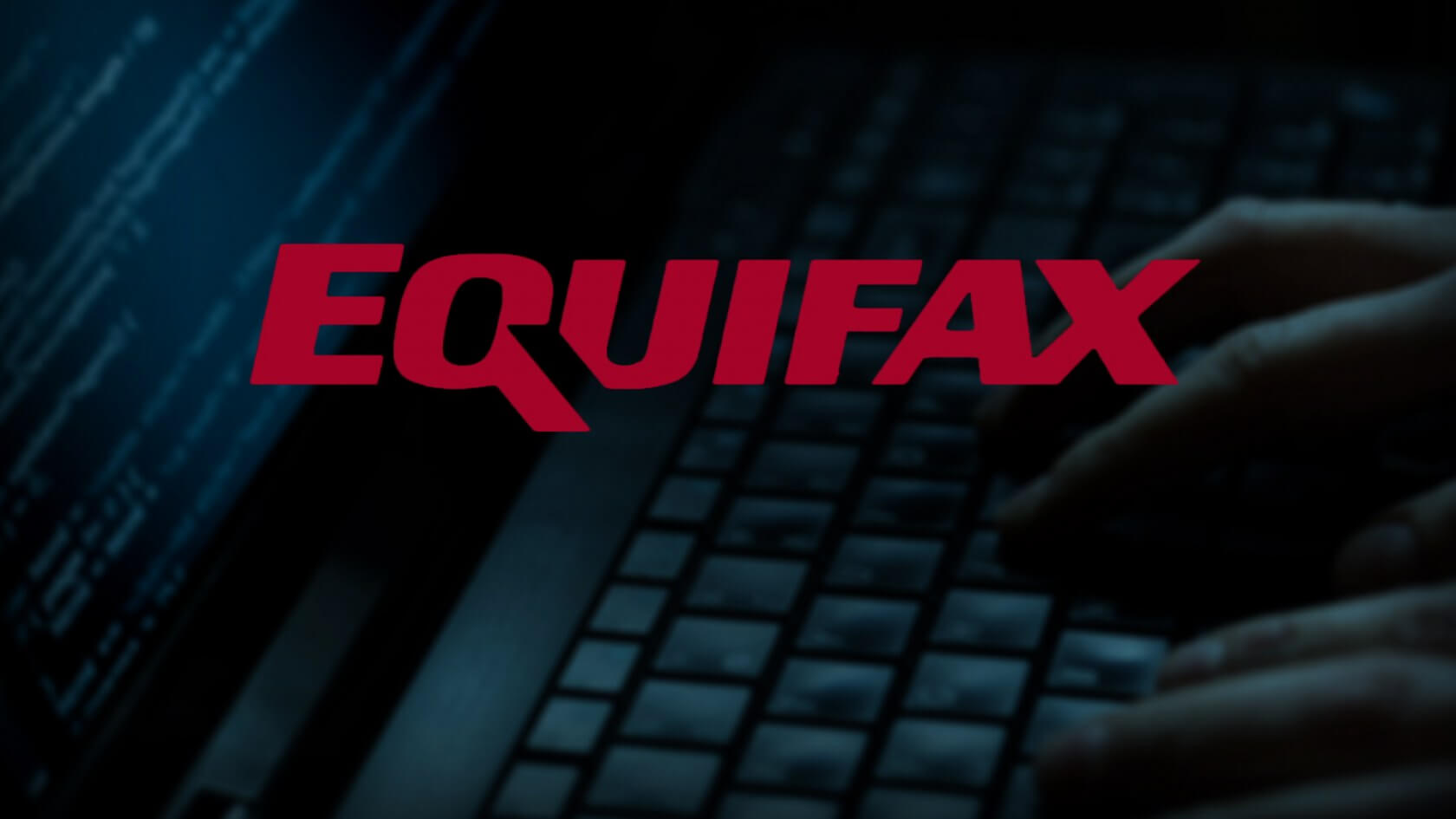What just happened? It may have taken almost two years, but justice has been served to Jun Ying, the former Chief Information Officer of Equifax U.S. Information Solutions, who was sentenced this week for insider trading in the wake of a massive data breach in 2017.

In September 2017, news broke of one of the most significant data breaches a US company had suffered as Equifax made public the news that over 160 million people’s personal information had been stolen. The disclosure saw Equifax’s stock price take a massive hit. But a week before the news broke, then-CIO Jun Ying exercised his stock options, and sold them for almost $1 million, thus avoiding $117,000 in losses he would have incurred otherwise.
While sentencing Mr Ying, U.S. Attorney Byung J. Pak said, “Ying thought of his own financial gain before the millions of people exposed in this data breach even knew they were victims.” Pak continued, “[Ying] abused the trust placed in him and the senior position he held to profit from inside information.”
According to a press release from the Department of Justice, Ying realised in late August 2017 that Equifax had been the victim of a serious breach, and he “conducted web searches on the impact of Experian's 2015 data breach on its stock price.” Seeing that the news had damaged Experian’s stocks, Ying proceeded with the aforementioned sale. The news of the Equifax breach wasn’t made public until September 7 2017, and even then the full extent of the damage wasn't known until May 2018.
Ying has been sentenced to four months in prison, followed by a year of supervised release, and has been ordered to pay $117,117.61 in restitution, as well as a $55,000 fine.
The case was investigated by the FBI. Special Agent Chris Hacker said, “If company insiders don’t follow the rules that govern all investors, they will face the consequences for their actions. Otherwise the public’s trust in the stock market will erode.”
According to the DoJ, Ying is the second person to be convicted following the FBI investigation. Former manager Sudhakar Reddy Bonthu pleaded guilty to insider trading on July 23, 2018.
https://www.techspot.com/news/80735-former-equifax-director-jailed-insider-trading.html